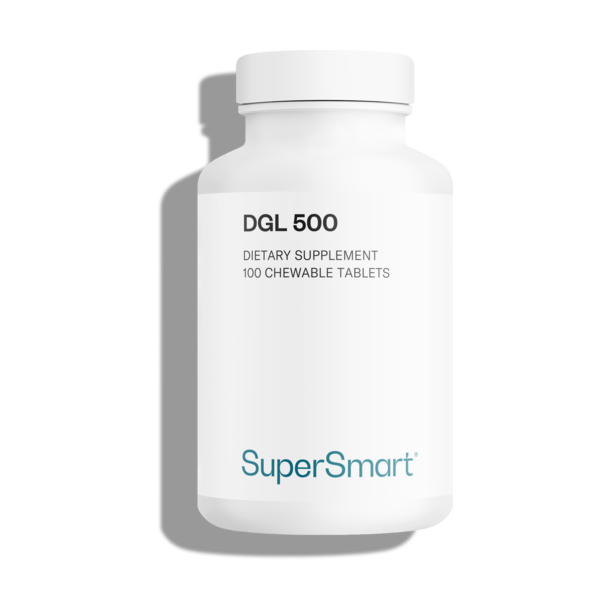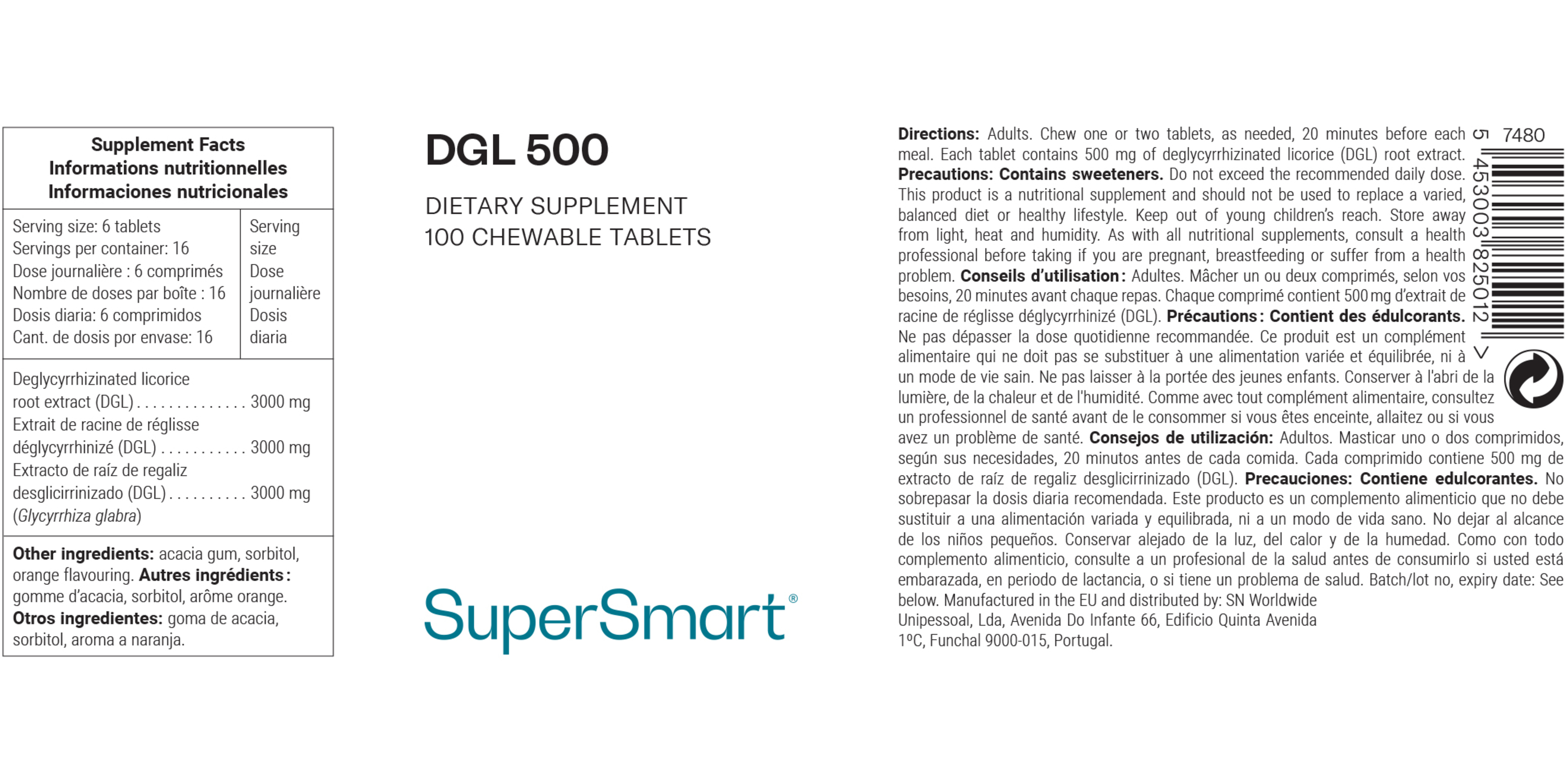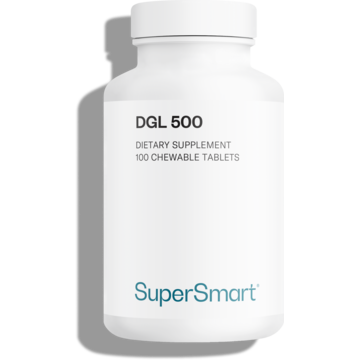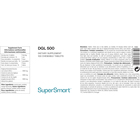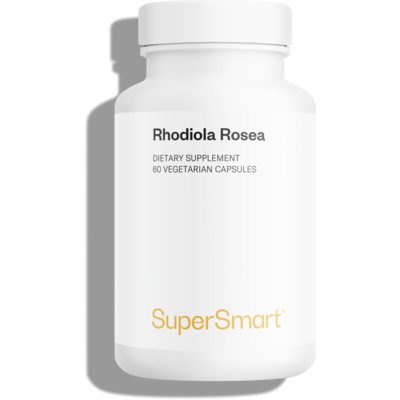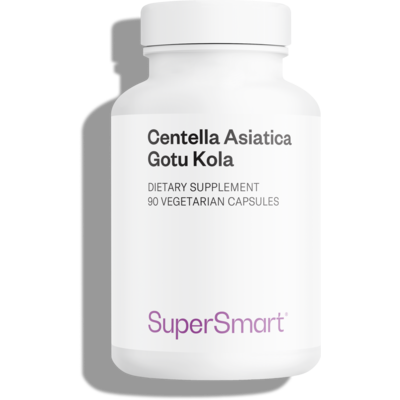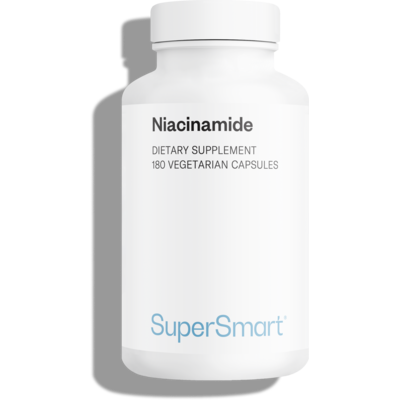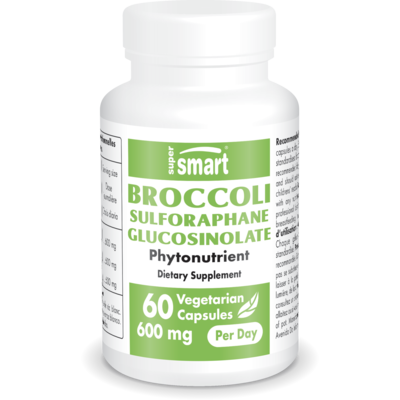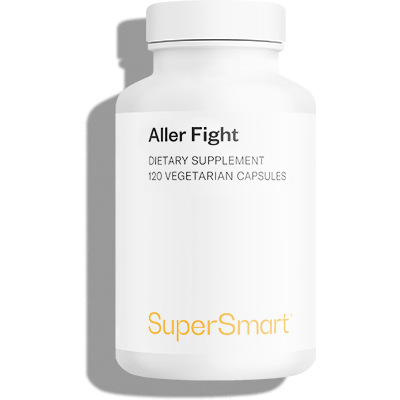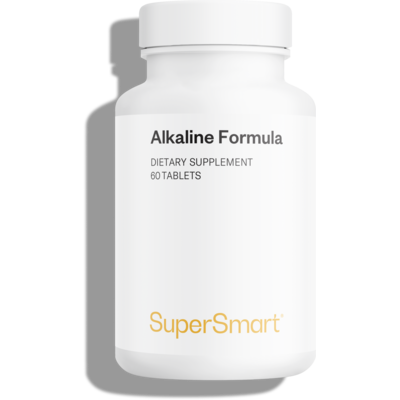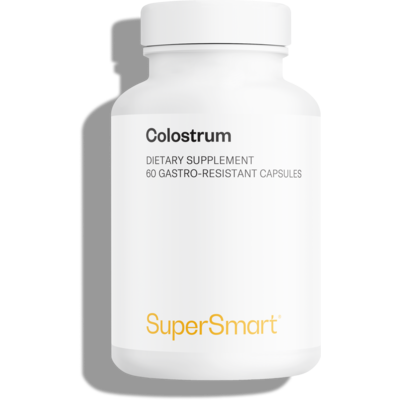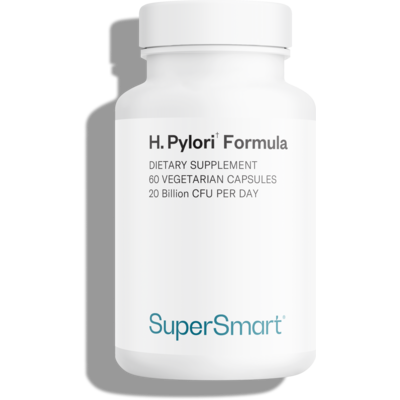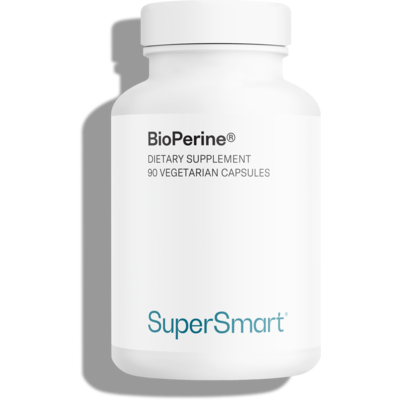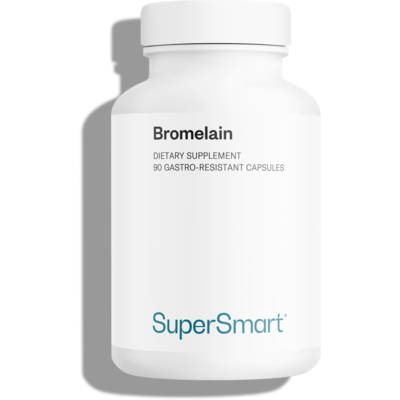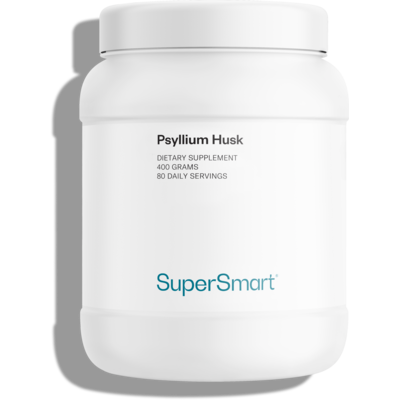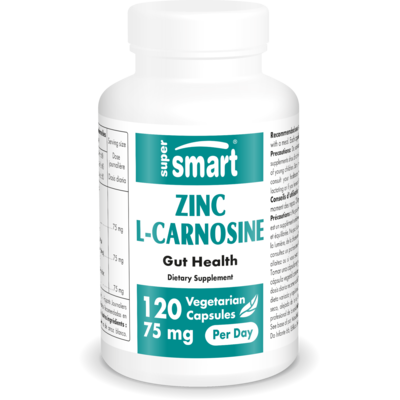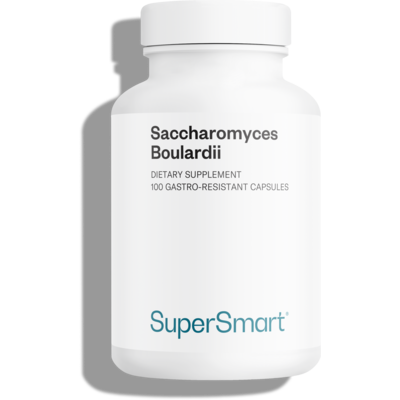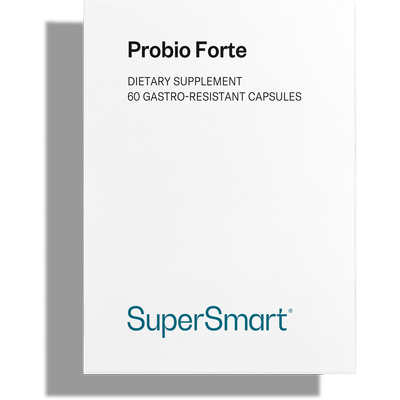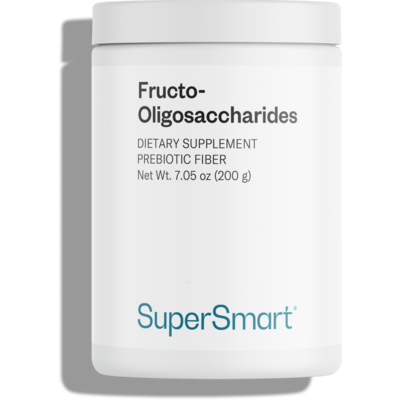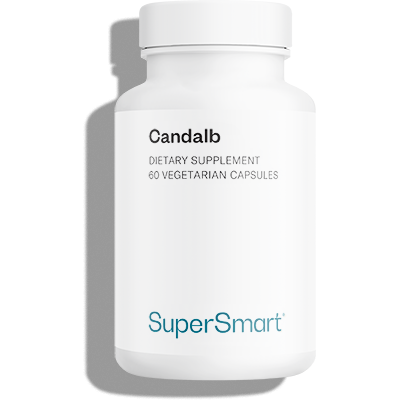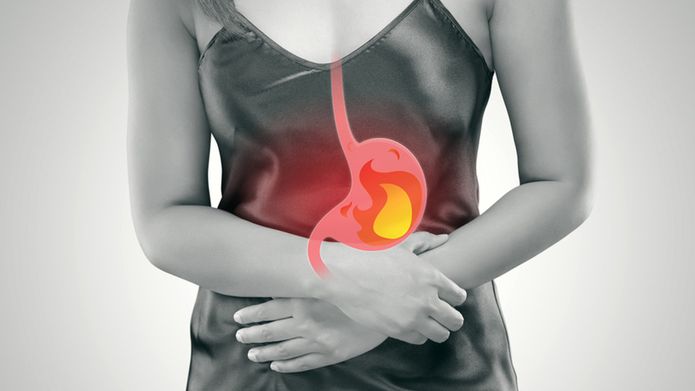Create Your Offer
Liquorice has been used for around a century to combat peptic and gastric ulcers. Our extract of deglycyrrhizinated liquorice root, or our DGL supplement, offers the benefits of whole liquorice but without the side effects of glycyrrhizic acid, such as hypertension, edema, and headaches.
Benefits of our DGL Supplement
Liquorice has properties that increase the production of prostaglandins in endothelial cells in the stomach, resulting in a cytoprotective effect on the gastric mucosa.
Animal studies suggest it reduces the inflammatory response that leads to ulcer formation by inhibiting the production of inflammatory molecules, such as interleukins or tumor necrosis factor.
It also has an antioxidant effect that contributes to its efficacy.
What do Studies Show About DGL?
Studies have shown that DGL:
- Leads to a significant reduction in ulcer size compared with placebo in patients with gastric ulcers, with complete healing reported in 44% of subjects.
- Reduces aspirin-induced gastric bleeding. It is strongly recommended for those receiving long-term treatment with aspirin, corticosteroids, or non-steroidal anti-inflammatories (NSAIDs). Reduction to NSAID-induced gastric mucosa damage was significantly greater when DGL was given in combination with the antacid cimetidine than when it was given alone.
- Produces considerable improvements in patients suffering from chronic duodenal ulcers.
- Has a comparable effect to that of antacids or cimetidine in patients with chronic duodenal ulcers. In addition, fewer relapses occur in patients who receive DGL.
- Contains various flavonoids that inhibit the growth of Helicobacter pylori, including that of strains resistant to antibiotics for H. pylori. As a result, scientists recommend DGL as an inhibitive agent against peptic ulcers in people infected with Helicobacter pylori.
Now that we have answered the question, what is deglycyrrhizinated licorice (DGL) and explained exactly what it does, it is time to address the potential side effects and how to take it.
DGL Supplement Side Effects
Deglycyrrhizinated licorice is perfectly safe to consume for the vast majority of people. Like with any supplement, you need to be aware of the deglycyrrhizinated licorice side effects. If you are already taking other medications, you could have a risk of experiencing side effects when taking them.
Plus, certain people are allergic to licorice, which may also cause issues. Begin by doing your research into the best DGL supplement and potential side effects. You can find everything you need to know about deglycyrrhizinated licorice and its effects with a little online research.
If you are taking medication for a chronic condition, you should always approach your doctor before adding DGL to your regimen. Deglycyrrhizinated licorice benefits can change your life, but some groups may be more likely to experience side effects than others.
Scheduling an appointment with your doctor allows you to get advice from an experienced medical professional. They will go through your medical history, examine any medications you are taking, and tell you whether or not deglycyrrhizinated licorice extract is safe for you to take.
The same advice applies if you are already taking supplements for other health benefits.
If you experience any side effects from DGL, stop taking the supplement immediately and schedule a visit with your doctor. Never continue consuming DGL licorice root extract if it seems to be causing any unwanted side effects or health issues.
WARNINGS
Do not exceed the recommended daily dose. This product is a nutritional supplement and should not be used as a substitute for a varied and balanced diet or a healthy lifestyle.
STORAGE
Store in a cool, dry place away from direct sunlight, heat, and humidity. Keep out of reach of children.
PREGNANCY AND MEDICAL CONDITIONS
If you are pregnant, breastfeeding, or have any medical conditions, consult your healthcare provider before using this product.
SUPPLEMENT INTERACTIONS
Consult your healthcare provider before use, especially if you are taking any medications or other supplements as there may be potential interactions.
Need Help?
You May Also Like

